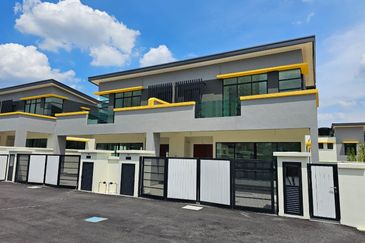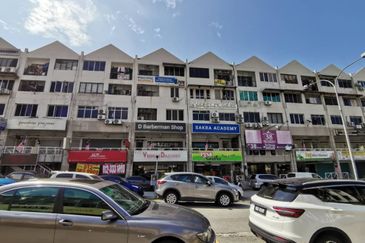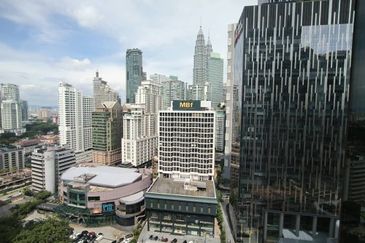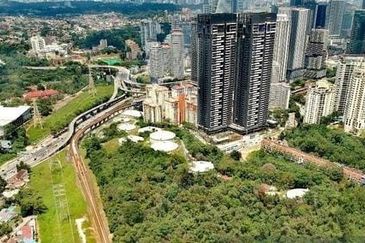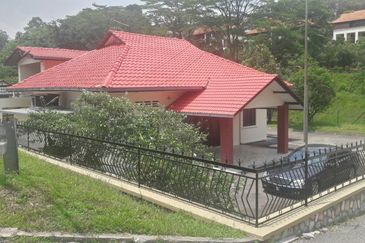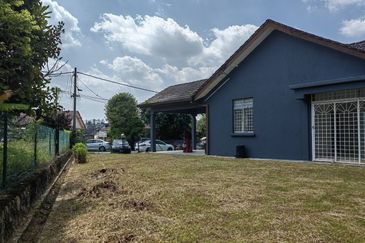
KUALA LUMPUR (Dec 23): Putrajaya's decision to increase minimum wage to RM1,200 in major cities would result in an estimated RM2.5 billion additional remittances out of the country by foreign workers annually.
In a statement today, Malaysian Employers Federation (MEF) executive director Datuk Shamsuddin Bardan said currently, foreign workers are repatriating about RM34 billion annually, and this had not taken remittances made by illegal foreign workers into account.
"The foreign workers would repatriate the extra income to their home country, resulting the ringgit being further weakened," he said.
Shamsuddin also urged the Pakatan Harapan government to shoulder half of the burden in increased minimum wage or keep it at status quo.
The government had promised to equally share the burden of employers arising from increases in minimum wages from RM1,000 to RM1,500 in their election manifesto.
Representatives of 37 employer and business organisations gathered at the MEF headquarters in Petaling Jaya today to express concerns over the latest government decision to raise minimum wages to RM1,200 in major cities and towns, citing unfair cost increases, discrimination and breach of election manifesto.
Shamsuddin said the government raised minimum wages three times since 2018 and all the cost increases are wholly borne by the employers.
"This is unfair and reflects lack of integrity on the part of the Pakatan Harapan government in fulfilling their promise to share 50% of the cost increases for setting higher minimum wages," he said.
"The present moment is hardly the time to increase cost of doing business. Malaysia is affected by the sluggish global economy and this is reflected by the high number of retrenchments. If the government cannot fulfil their promise to share 50% of the cost then there should not be any further increases in minimum wages. The status quo should remain.
"Furthermore, any increases in minimum wages would largely benefit the foreign workers and not the local workers," he added.
Shamsuddin said the government's decision caused distress and anxiety among the employers and employees as the demarcation of geographical boundaries is unclear, and that it is also discriminatory and contradicts the government's policy of inclusiveness.
For example, he said the palm oil industry will face major problems as the estates will be located within the 57 major cities and towns and also the other local councils.
Therefore, he said such plantation estates will be subjected to a lot of scrutiny by the Roundtable on Sustainable Palm Oil and Malaysian Sustainable Palm Oil in terms of alleged discriminatory practices.
"We urge the government to reconsider its decision to raise minimum wages at this juncture as it would be too burdensome on private sector employers. Instead of raising minimum wages, the policies implemented should focus on improving productivity and competitiveness," he said.
Since Jan 1, 2018, the minimum wages were reviewed upwards three times from RM1,000 and RM920 (for Peninsular Malaysia and Sabah and Sarawak respectively) to RM1,050 and RM970, and thereafter to RM1,100 across Malaysia.
The increase in minimum wages to RM1,200 was first announced during the Budget 2020 on Oct 11, 2019 for bigger cities.
However, the announcement by the Ministry of Human Resources on Dec 18, 2019 extended the coverage for minimum wages of RM1,200 to 57 bigger cities and towns instead of limiting the coverage to bigger cities as initially announced during Budget 2020.
Shamsuddin said these revisions of minimum wage for three times since 2018 is against the principle laid down in the National Wages Consultative Council Act 2011 (NWCC Act 2011), which provides that minimum wages may be reviewed every two years.
TOP PICKS BY EDGEPROP
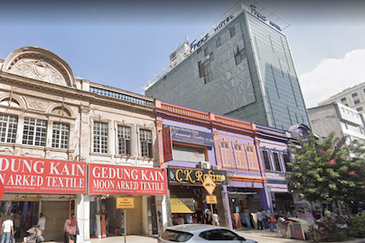
Jalan Tuanku Abdul Rahman
KL City, Kuala Lumpur
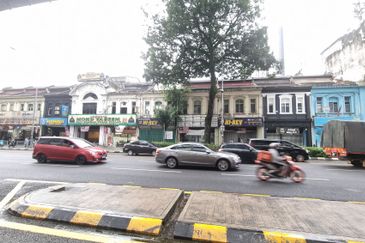
Jalan Tuanku Abdul Rahman
KL City, Kuala Lumpur
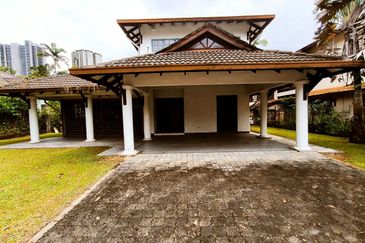
Damansara Heights (Bukit Damansara)
Damansara Heights, Kuala Lumpur
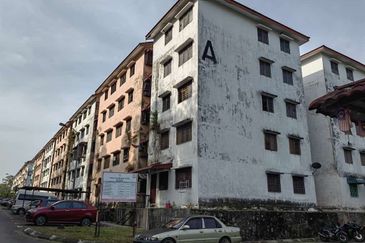
Pangsapuri Baiduri, Bandar Tasik Kesuma
Beranang, Selangor



